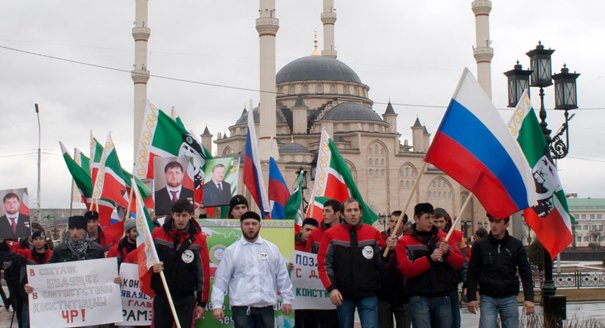The North Caucasus occupies a particular place in Russia, creating many problems for the country, solutions to which have not yet been found. However, Russia itself, or more precisely, the federal Center, is responsible for many of the region’s troubles. Mutual grievances, whether fair or not, lead to mutual discontent.
Alexey Malashenko analyzes the current situation in the North Caucasus, which is, in the opinion of many people elsewhere in Russia, has become a kind of an “internal abroad.”
Key Conclusions:
- What makes the relations between the North Caucasus and Russia so specific is that although the region remains economically and politically a part of Russia, the internal situation there is increasingly regulated by the region’s own local traditions.
- None of the plenipotentiary presidential representatives in the region have ever had full-fledged control over the local elites, and attempts to rely on agencies directly subordinate to the federal authorities have encountered resistance.
- The situation in Chechnya depends essentially on two people: Vladimir Putin and Ramzan Kadyrov, and the departure of either from the political stage would have unpredictable consequences for both Chechnya and Russia.
- The North Caucasus is drifting further apart from Russia in civilizational terms because of the gap between the civil identity vector and an Islamic one that is gathering strength.
